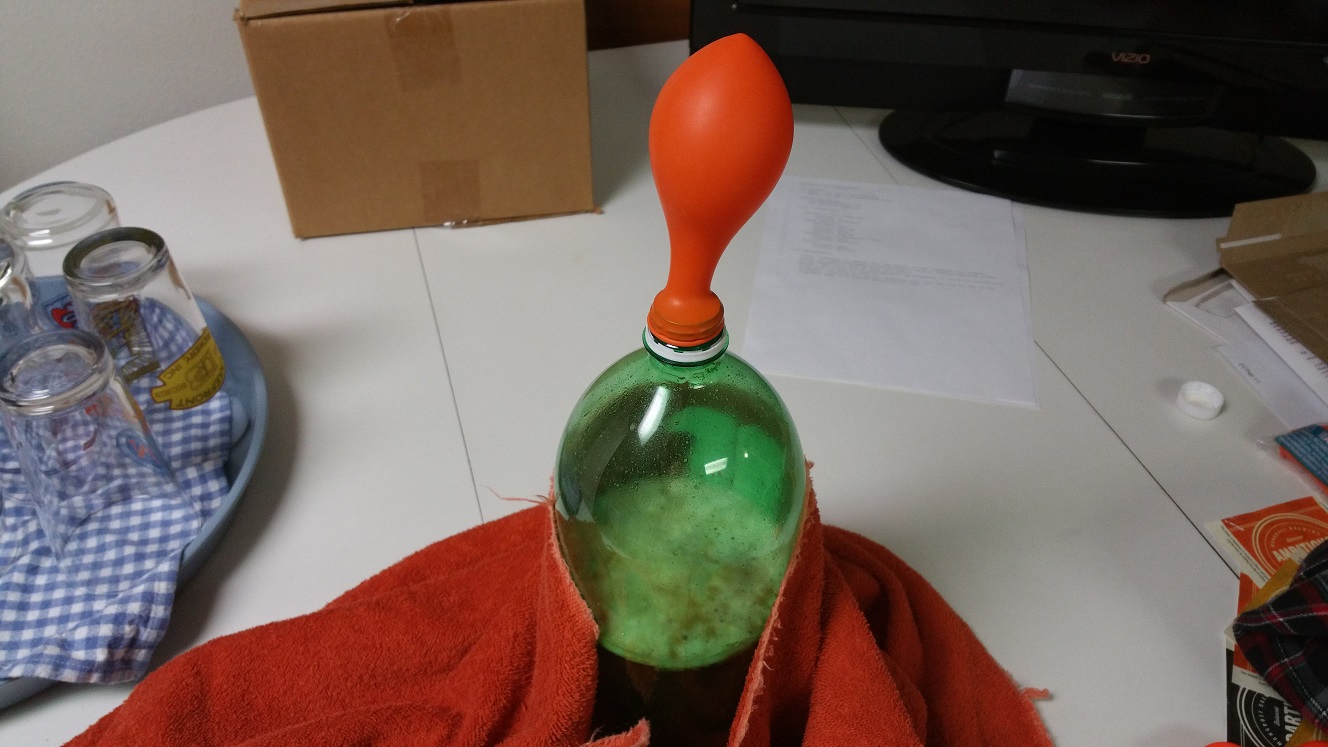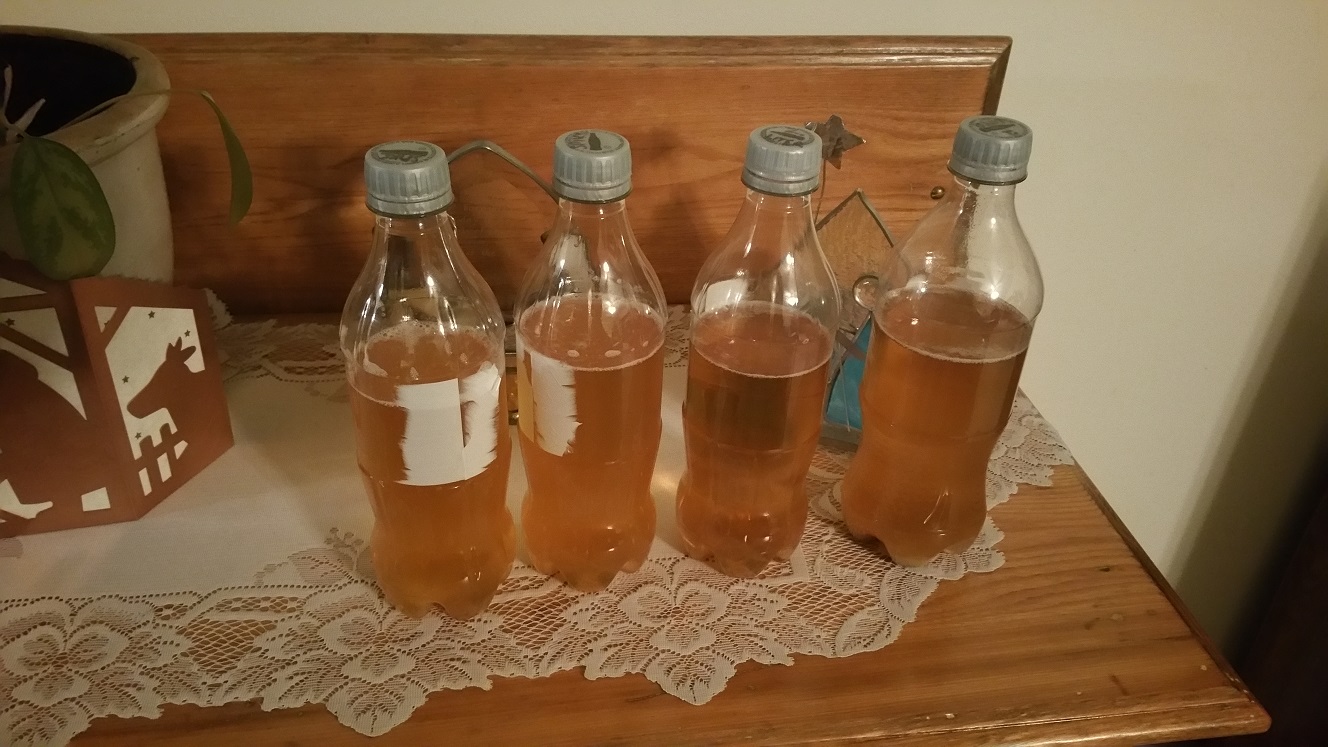Not saying you should do this, but....interesting idea. You *can* do 1-liter batches...
My son is a volunteer for a museum that does adult nights. They recently did a beer brewing night. What he did was make 19 liters of wort (5 gallons), then split it into 2-liter plastic pop bottles, one liter per bottle. They were given to participants along with a latex balloon with a pinhole poked in it, and instructions. The wort had yeast already added.
They took that home, put the balloon on the top, and put it in a warm place. It ferments, then after a couple weeks, decanted into 500 ml diet coke bottles (cleaned and sanitized) with a fizz drop in the bottom. Then after 3 weeks in a room temp spot, put in fridge for a couple days and VOILA! Beer! Decant off the yeast in the bottom of the bottle, and there you are.
The point of that was to introduce people to beer brewing cheaply yet effectively.
*******
We knew this would work because prior to his going live with it, I did it at home. It works.
Now, I'm not saying you should brew 1-liter batches, but it's certainly a small amount of beer in a "fermenter." Not sure I'd want to go any smaller.
Here are a couple of pics of that process; at some point I'm probably going to do a "introduce people to beer brewing" thing using a similar model. The biggest problem is getting the bottles.
*********
I kept the 2-liter bottle covered so I didn't get light-struck beer; same with the clear bottles, kept them in the dark.
The clear bottles had 2 batches. I'd brewed up a SMASH, to make it easy to reproduce. I took a liter of that and filled the 2-liter "fermenter." The rest I kept in my Spike conical. When both were done fermenting, I filled two of the little bottles with beer from the conical, and two from the 2-liter fermenter. All had carb drops in them.
Then I waited. The beer turned out surprisingly good.
So, it's clear that 1-liter batches can be done. Not sure how you'd easily scale down to that level, but that's your problem.

Good luck, let us know how it goes for you, whatever you do.





